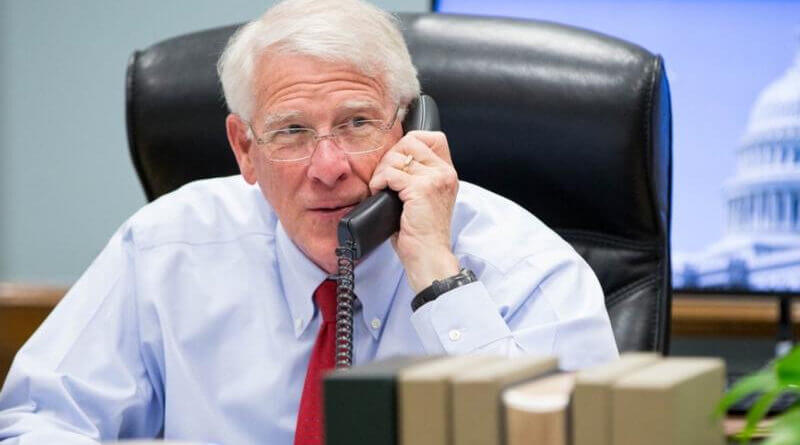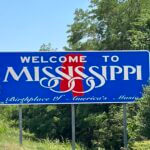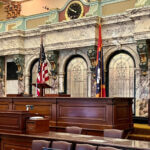Wicker: Unlocking the potential of Mississippi tourism
By Sen. Roger Wicker (R-Miss.)
Senator Welcomes Long-Awaited Gulf Coast Rail Revival
If anyone is looking for proof that the sky is the limit for Mississippi’s economy, I encourage them to consider our tourism industry. Our hospitality makes us an attractive destination, and the diverse offerings we provide allow us to welcome every kind of guest. Tourism is Mississippi’s fourth-largest industry. It is particularly good for our workforce, since it provides jobs that cannot be outsourced.
Mississippi Has Much to Offer
Hosting tourists is also good for our state spirit, as it gives us a chance to introduce people to the best of what we have to offer. Every region of our state draws visitors, and we have been working hard to capitalize on their interest.
Some travel for the arts. Organizers have created both the Mississippi Writers, Blues, and Country trails, which mark nearly 200 significant locations in the lives of American authors and musicians. Museums in Tupelo, Indianola, and Cleveland celebrate Elvis Presley, B.B. King, and the Grammy Awards. Every four years, the world comes to Jackson for the International Ballet Competition. Further south, museums in cities like Laurel, Biloxi, and Ocean Springs showcase some of the visual art collections housed in Mississippi.
Others are interested in history. Tourists scale the bluffs of the Vicksburg battlefields and retrace the steps of General Sherman south of Port Gibson. They explore the Armed Forces Museum, a remarkable set of exhibits at Camp Shelby. Guests learn about the Mississippians involved in the Civil Rights Movement by following the Freedom Trail and by exploring institutions telling that incredible story. I recently toured one such museum for the first time – the Mound Bayou Museum of African American Culture and History. These exhibits demonstrate that there is so much history to capture in our cities and towns.
Still more tourists make the trip for recreation. In North Mississippi, outdoor enthusiasts traverse a swinging bridge and climb rock formations at the Tishomingo State Park. Sportsmen journey to our hunting grounds and fishing spots. Visitors fly in for world-class gaming. Families have a ball at our famous children’s museums. Every year, thousands come to the Gulf Coast for Mardi Gras and Cruisin’ the Coast. Throughout their visits, tourists rest easy at our hotels and bed and breakfasts. Of course, they also enjoy our food – whether at our restaurants or food festivals.
Facilitating Travel to Mississippi
I could go on. For maps of Mississippi’s state and national parks, check mdwfp.com and nps.gov/state/ms. Peruse a more extensive catalogue of our museums at visitmississippi.org. These lists prove that we have plenty to attract visitors. In light of that, I have been making it is as easy as possible for them to reach our state.
I have been working to restore the Gulf Coast Rail line, which was shuttered by Hurricane Katrina but will soon reopen. This month, a final agreement fell into place, paving the way for passenger service to resume from Mobile, across our Gulf Coast, and to New Orleans. Though we welcome thousands of international tourists every year, most of our visitors are from surrounding states. This rail traffic will encourage even more of that interstate commerce.
Making the Most of Mississippi’s Attractions
I have also been working to make the federal government an effective partner for Mississippi’s tourism industry. As a senior member of the Senate Commerce Committee, I have authored and passed legislation that helped the industry make a rapid recovery from the pandemic. The new law also is also helping make tourism a higher priority for the Commerce Department.
It will take an all-hands-on-deck approach for us to make the most of our tourism potential. I am encouraged by the efforts of businesses, elected officials, and advocacy groups as we tap the potential of our state’s many attractions.
Note: This item is the weekly Wicker Report, written by U.S. Sen. Roger Wicker and provided by his office. Any opinions expressed are those of the author and not necessarily that of this publication.






